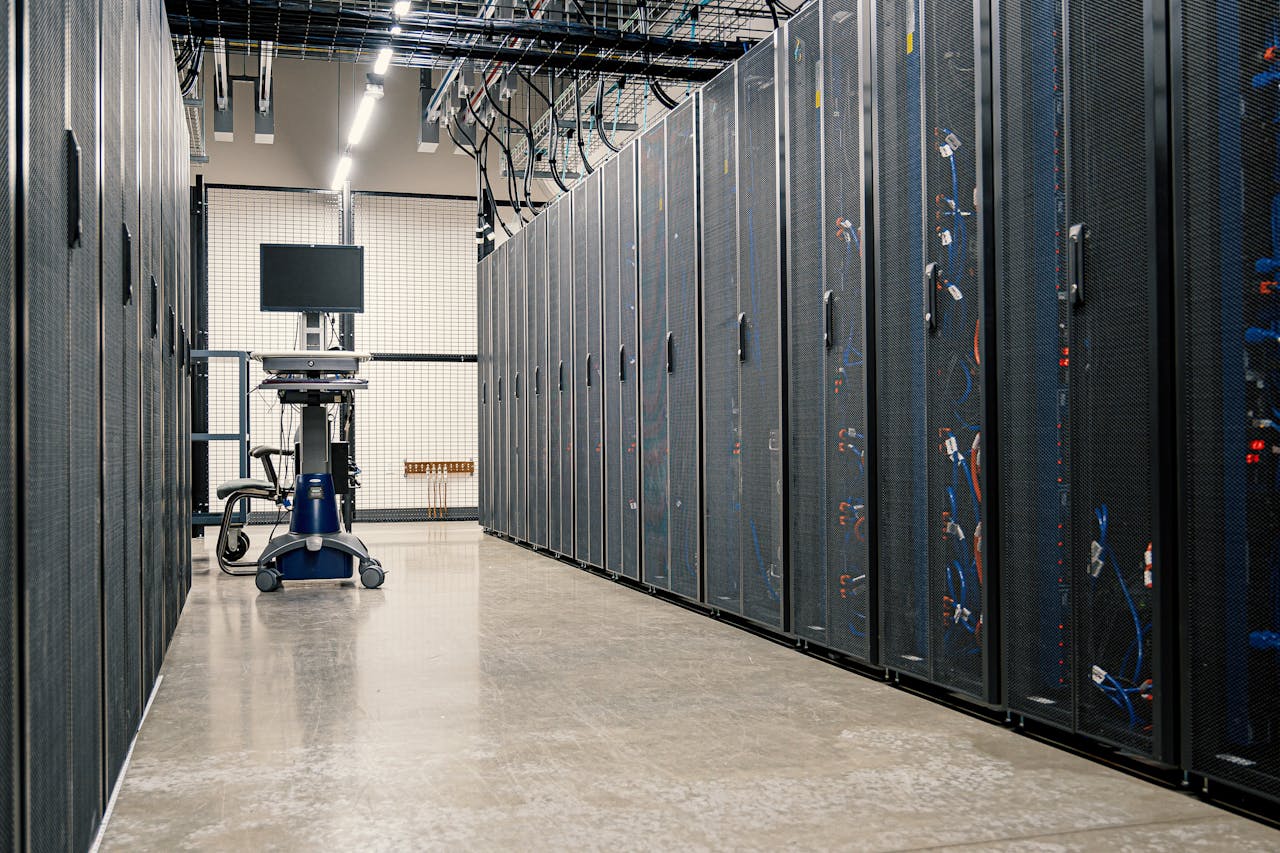Optimizing Performance with Flexible Compute Power
Flexible compute power enables businesses and individuals to scale their computing resources efficiently. Understanding how to leverage this adaptability can improve performance, reduce costs, and support innovation.
One of the best ways to maximize flexible compute power is through cloud computing. Cloud-based infrastructure allows dynamic allocation of resources based on demand, ensuring optimal performance.
AI-driven optimization enhances computational efficiency by adjusting workloads dynamically. Smart algorithms help manage processing power for tasks such as data analysis, automation, and machine learning.
Edge computing improves response times by processing data closer to its source, reducing latency and enabling real-time applications in industries such as healthcare, manufacturing, and smart cities.
Hybrid computing solutions integrate cloud and on-premises infrastructure, offering scalability and security while maintaining control over critical systems.
Future advancements in computing, such as quantum computing and distributed architectures, will continue to refine flexible compute power, driving efficiency and technological breakthroughs across industries.
